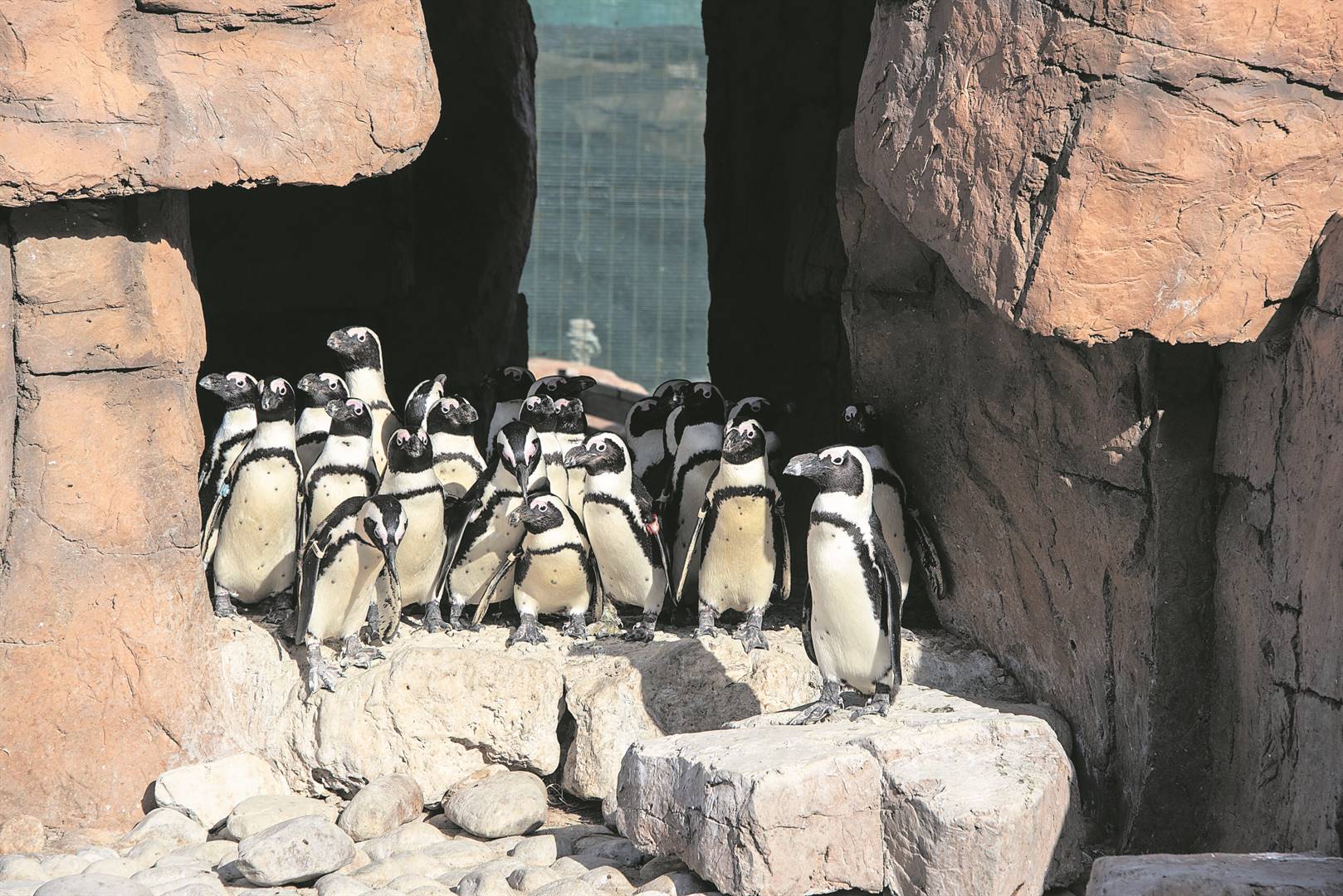
In an unequal society such as ours with millions unemployed and close to or below the poverty line, top-down attempts to conserve the environment and protect biodiversity will ultimately lead to conflict and it is crucial to not only show one-side in the media, writes Kevern Cochrane.
The recent article by
Verwoerd’s article followed a visit she made to St Croix Island with an experienced seabird scientist. Based on that visit, she reported, among other aspects, that the alarming decline in the African penguin population is a result of a decrease in their prey, sardines and anchovies, caused mainly by fishing around those islands. She also raised doubts about scientists with different opinions and suggested they were working on behalf of the fishing industry in the statement "Unsurprisingly 'scientists' employed by the fishing industry denied these outcomes" and appeared skeptical of claims that closures around the islands would have economic impacts on the fishery. In his response, Prof. Butterworth provided the perspectives and findings of a body of fisheries scientists, challenging those claims by Verwoerd.
One-side of the debate
The purpose of this article, however, is not to attempt to argue the rights and wrongs in the opinions of different scientists on penguins and island closures but to raise concerns about the original article by Verwoerd and other media reports that portray only one side of complex issues. One would expect a columnist to check the facts and consult with others who may have different views before publishing a considered opinion.
Yet, judging by the absence of any alternative viewpoints in her article, one can only assume that in this case Verwoerd did not speak to those she labelled as industry "scientists" or to members of the fishing industry on the West and South Coasts to learn their views. Neither does she appear to have consulted with any of the small rights holders who fish for pelagic species in Algoa Bay or with any members of the fishing crews or seasonal workers in factories who often rely heavily on these fisheries for their livelihoods.
READ | Temporary fishing closures enforced near SA's key penguin colonies
This is only one incident and on this particular issue one can have reasonable confidence that the decisions made by the Minister of Forestry, Fisheries and the Environment will be based on the best available, well-reviewed science not just on passion and limited, and potentially misleading, perspectives from any side.
However, it is an example of the common use of emotion and bias, whether conscious or not, in the media on ocean environmental issues, not just in South Africa but globally. One can understand to some extent this widespread prejudiced reporting and publicity about threats and potential threats to the environment. Those working or writing to help to protect the environment are frequently confronting powerful and wealthy groups with short-term interests and their greatest weapon against such groups is often to arouse public emotion.
Risk
Looking only at one perspective carries a risk, however, and a stand made on one-sided or weak information, however compelling it may seem, can lead to poor decisions that may not have the desired environmental results, that impose unnecessary social and economic costs on parts of society, or both. All too often it is the poorer and politically weaker members of society who are most impacted in such cases.
South Africa’s Constitution gives everyone the right to have the environment protected through reasonable measures that promote conservation and secure ecologically sustainable development and use of natural resources while promoting economic and social development. The hard fact is that we cannot have one without the other.
In an unequal society such as ours with millions unemployed and close to or below the poverty line, top-down attempts to conserve the environment and protect biodiversity will ultimately lead to conflict or have to be enforced through the barrel of a gun unless they are accompanied by upliftment of our population as a whole.
Achieving the necessary balances is complex and where there are potential conflicts between conservation and socio-economic development, planning and decisions need to be based on solid and reliable information if they are to be effective now and in the longer-term.
Bias
Scientific advice has a key role to play in this planning and decision-making but caution is needed here as well because scientists, as all human beings, suffer from bias too and that can affect the way they see the world and the conclusions they come to. The strength of science, though, is that open and transparent science with rigorous review by other scientists, preferably with diverse perspectives and skills, allows for biases and errors to be revealed. It is essential that scientific advice used for important decision making is subjected to such scrutiny if sensible and effective decisions are going to be made.
The media holds considerable power and responsibility and, if it is looking for accuracy and truth, it also needs to be aware of this risk and do the same by checking whether there are differing results and diverse opinions and identifying the reasons for those differences if they can. At the very least, they should openly and objectively inform their audience of opposing views and be able to justify any opinions of their own that they may wish to present. In complicated issues, like the causes of the decline in penguins, settling for incorrect or incomplete answers could lead to wasted effort and impose costs on parts of society without getting to the heart of the problem.
READ | New plan in the works to save endangered African penguin, whose numbers are still dwindling
In the case of fishing around penguin breeding islands, will closure lead to meaningful benefits for penguins or just impact the livelihoods of hundreds of fishers and fish workers with little change in the ongoing decline of the penguin population?
The essential issue here is to get to the true answer or as close to it as we can with the available information.
The reality, which is clear from the disparate nature of Verwoerd’s and Butterworth’s articles, is that the jury is still out on that question. Action is needed to resolve the issue and, on this point, I agree with both sides of the debate that the Minister needs to act urgently and effectively to address the crisis in the African penguin population. She needs to ensure that the genuine causes of the decline are identified, using rigorous and thoroughly checked science, and together with the different stakeholders and interested parties, take equally urgent action to address and remedy those causes.
This needs to be done in months, not years.
- Professor Kevern Cochrane with the department of Ichthyology and Fisheries Science at Rhodes University.
*Want to respond to the columnist? Send your letter or article to opinions@news24.com with your name and town or province. You are welcome to also send a profile picture. We encourage a diversity of voices and views in our readers' submissions and reserve the right not to publish any and all submissions received.
Disclaimer: News24 encourages freedom of speech and the expression of diverse views. The views of columnists published on News24 are therefore their own and do not necessarily represent the views of News24.




 Publications
Publications
 Partners
Partners






















